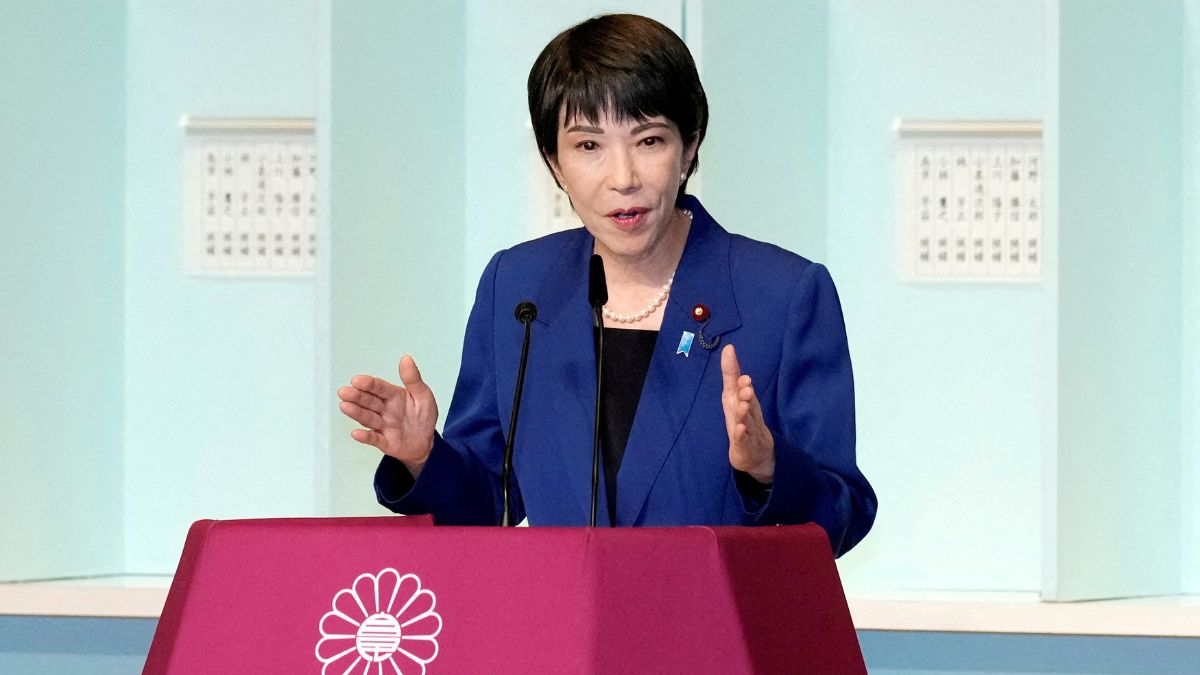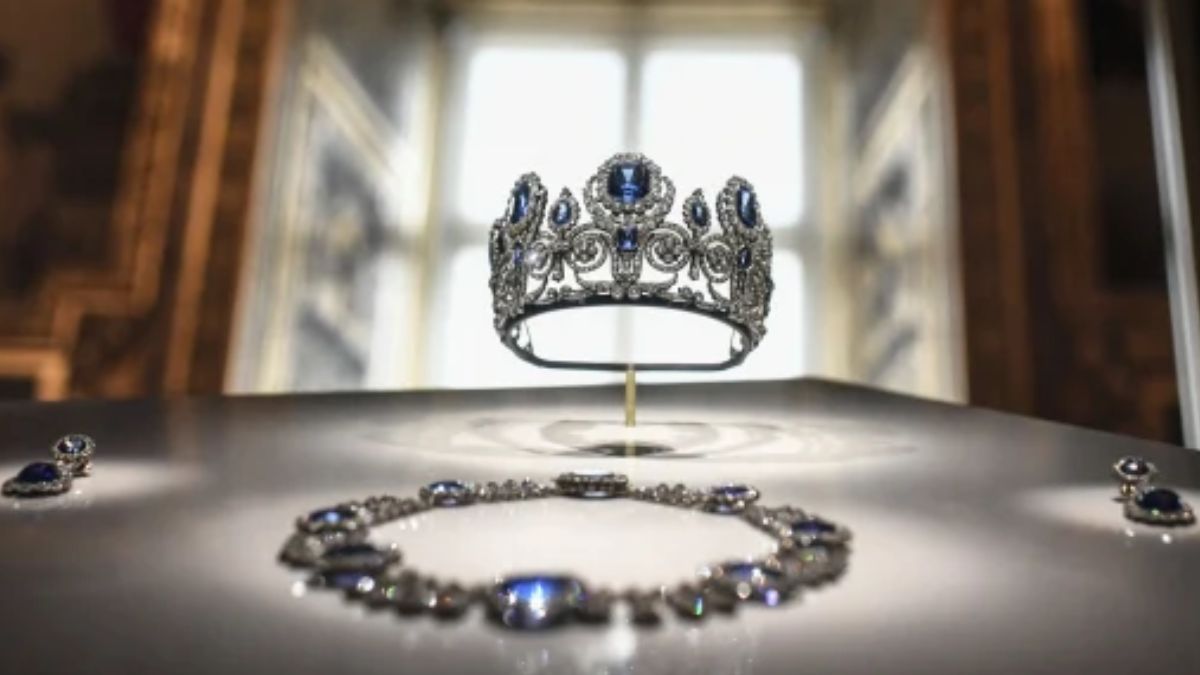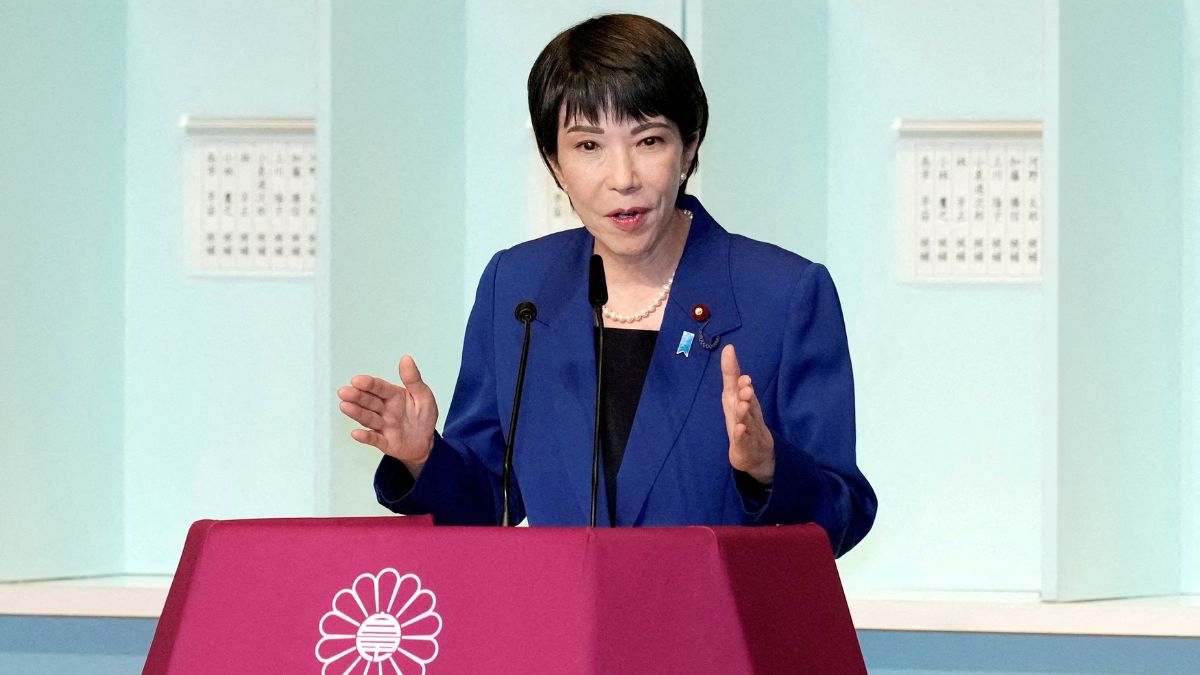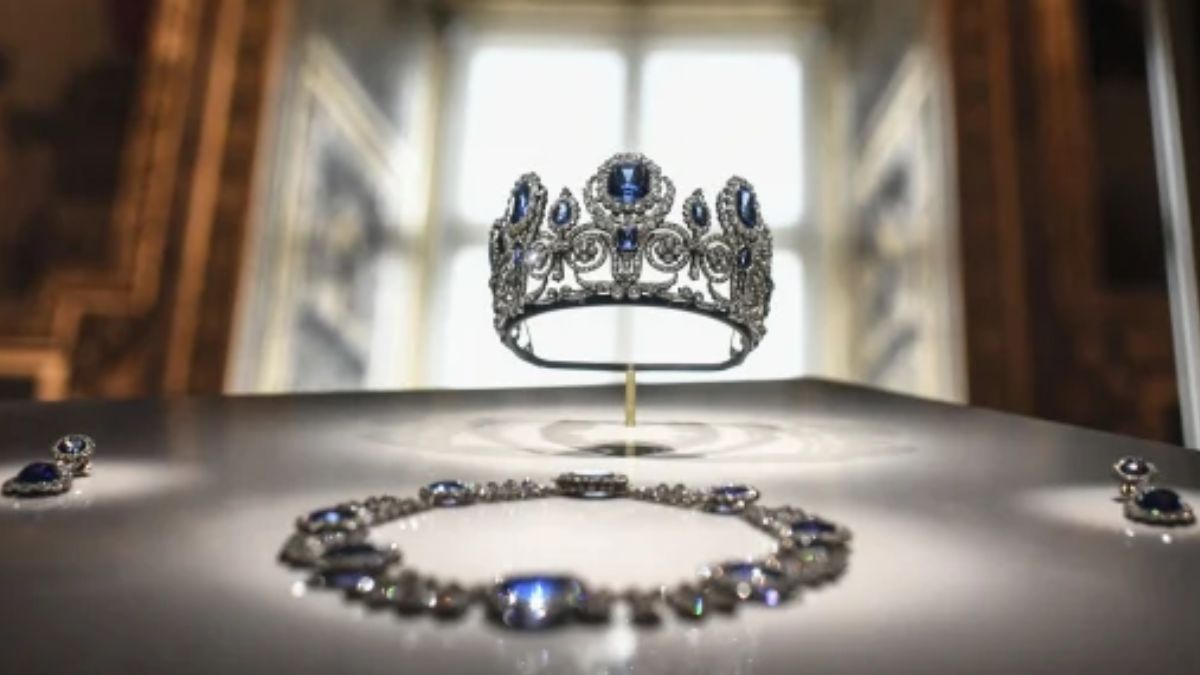The United States and Australia have forged a sweeping critical minerals agreement aimed at redefining the global rare earths landscape.
Signed during Australian Prime Minister Anthony Albanese’s first official White House summit with US President Donald Trump, the accord aims to strengthen Western supply chains and reduce dependence on China — the dominant force in global rare earth production and processing.
The partnership arrives at a pivotal time, as Beijing expands export restrictions and trade frictions between the US and China heat up.
How the US-Australia minerals cooperation pact will work
The agreement, valued at $8.5 billion, was described by Albanese as “a pipeline that we have ready to go.”
The initiative forms part of Washington’s broader push to secure access to essential resources needed for clean energy technologies, advanced defence systems, and next-generation manufacturing.
The two leaders confirmed that the United States and Australia will each invest $1 billion within six months to accelerate projects across both nations.
The deal also introduces a price floor for critical minerals, providing a safeguard for producers against market manipulation and price dumping.
Trump declared, “In about a year from now, we’ll have so much critical mineral and rare earths that you won’t know what to do with them.”
A White House fact sheet accompanying the announcement said the agreement targets deposits valued at $53 billion across mining and processing ventures, although no specific sites were listed.
The deal points out cooperation on geological mapping, minerals recycling, and screening of strategic assets to prevent acquisitions by adversarial actors — a pointed reference to Beijing’s history of purchasing global mining stakes to consolidate influence.
How stakeholders reacted after the summit
The US Export-Import Bank (EXIM) moved quickly following the summit, issuing seven letters of interest worth over $2.2 billion to back critical minerals projects in Australia.
Recipients include Arafura Rare Earths, Northern Minerals, Graphinex, Latrobe Magnesium, VHM, RZ Resources, and Sunrise Energy Metals — companies operating in areas vital to defense, communications, aerospace, and clean energy sectors.
According to EXIM, these investments will strengthen the re-industrialisation of America’s high-tech manufacturing base and “counter China’s export dominance and ensure Western supply-chain resilience.”
The Pentagon, meanwhile, has confirmed plans to construct a gallium refinery in Western Australia.
This move follows China’s decision in late 2024 to halt gallium exports to the United States — a significant blow, given the metal’s importance in semiconductors and radar systems.
The minerals agreement also introduces regulatory reforms to speed up mine permitting and processing facility approvals in both countries, ensuring that projects can proceed faster.
The partnership includes commitments to develop shared standards for trading systems, which will allow allied nations to exchange critical minerals under stable pricing conditions and within transparent frameworks.
How Australia aims to counter Beijing
The new US-Australia framework is structured to address the structural weaknesses that have long hindered Western rare earth production.
It combines joint financing, price stabilisation mechanisms, and strategic stockpile management to create a more predictable environment for investors and producers.
The pact also includes provisions for screening and blocking Chinese acquisitions of mining and processing assets both domestically and in third countries.
This reflects growing alarm over Beijing’s accelerating overseas investments.
Even as China has slowed its own domestic production, Chinese companies’ foreign mining acquisitions hit their highest level in a decade in 2024, increasing concerns in Western capitals about market manipulation.
A key feature of the framework is its recognition that China has used market flooding tactics — oversupplying minerals to drive down prices — to make foreign competitors unviable.
By setting price floors and coordinated trading standards, the United States and Australia aim to prevent the kind of distortions that have undermined Western mining ventures in the past.
The framework also envisions collaboration with other G7 members to design a global pricing mechanism for critical minerals, an issue expected to feature prominently in upcoming international economic forums.
What we know of Australia’s mining strengths
Australia’s mineral wealth and established mining ecosystem make it a natural partner for Washington’s ambitions. The country hosts over 40 of the minerals identified as critical by the US Geological Survey and ranks among the world’s most resource-rich nations.
In 2024, Australia attracted $64 million in rare earth exploration funding, accounting for 45 per cent of global exploration investment, five times more than Brazil — the next largest destination.
The nation now boasts 89 active rare earth exploration projects, far surpassing Canada’s 18 and the United States’ 12.
As the world’s fourth-largest producer of rare earths, Australia has moved aggressively to develop its processing capacity. The government provided a $1.25 billion loan to Iluka Resources to build a major refinery tied to offtake agreements with allied countries.
This aligns with the broader effort to ensure that more minerals are processed domestically rather than exported in raw form.
In May, Lynas Rare Earths, Australia’s largest producer, reached a milestone by becoming the first company outside China to produce commercial quantities of dysprosium oxide — a heavy rare earth vital for magnets used in electric vehicles and defence applications — at its Malaysian facility.
The company sources ore from the Mount Weld mine near Kalgoorlie, which holds an estimated 2 million tons of total rare earth oxide reserves.
Earlier this month, Lynas formed a strategic partnership with US company Noveon Magnetics, the only domestic producer of permanent magnets in America.
Their memorandum of understanding aims to establish a secure US supply chain for magnet production, a move that pushed Lynas’ share price to a 14-year high.
Australia’s financial ecosystem has proven to be an asset in expanding its mining footprint. The Australian Stock Exchange (ASX) is the second-largest global source of capital for junior and mid-tier mining firms, trailing only Toronto’s exchange.
Yet ASX-listed mining companies collectively hold a higher market capitalisation than their Canadian counterparts, reflecting investor confidence in Australia’s regulatory and economic stability.
Why it will still be difficult to counter China
China remains the undisputed heavyweight in the rare earth industry. It possesses the largest known reserves and dominates the global processing capacity, giving it substantial leverage over global supply.
The US Geological Survey estimates that China’s reserves are roughly seven times larger than Australia’s, although Australia’s deposits remain extensive and largely untapped.
In recent months, Beijing has tightened its grip on the sector.
Earlier in October, China expanded its list of restricted export items by adding five metals — holmium, erbium, thulium, europium, and ytterbium — to the existing list of seven, bringing the total number of restricted rare earths to twelve.
Under the new rules, foreign companies must obtain special permits from China’s Commerce Ministry before purchasing rare-earth magnets or materials containing more than 0.1 per cent heavy rare earths.
Buyers are also required to disclose the intended use of such materials.
Defending the move, a Chinese Commerce Ministry spokesperson at the time said, “Rare-earth-related items have dual-use properties for both civilian and military applications. Implementing export controls on them is an international practice.”
Additionally, China has imposed limits on the export of refining technology and specialised machinery required for processing these metals. Most of these restrictions are set to take effect on December 1.
How are trade relations between the US and China faring
In response to China’s tightening export controls, Trump announced plans to impose an additional 100 per cent tariff on Chinese exports beginning November 1.
He characterised the decision as retaliation for Beijing’s “very hostile” actions.
The proposed tariffs would lift levies on many Chinese goods to 130 per cent, close to the levels imposed earlier in the year before both sides temporarily eased trade tensions in May.
US Treasury Secretary Scott Bessent framed the confrontation as part of a broader global struggle.
“This is China versus the world. They have pointed a bazooka at the supply chains and the industrial base of the entire free world, and we’re not going to have it,” Bessent said in an interview with Fox Business.
Since returning to office, Trump has sought to reorient US supply chains away from China by striking critical minerals partnerships with key partners.
Recent initiatives include agreements with Ukraine to provide US companies access to mineral and energy reserves once the ongoing conflict ends, discussions with the Democratic Republic of the Congo on cobalt and lithium extraction, and a $500 million memorandum with Pakistan to develop polymetallic refineries and explore rare-earth deposits.
What was discussed vis-à-vis AUKUS
Beyond minerals, the Trump-Albanese summit also reaffirmed joint security commitments under the AUKUS defence pact, originally signed in 2023 under former US President Joe Biden.
The agreement, worth A$368 billion (US$239 billion), outlines plans for Australia to purchase US Virginia-class nuclear-powered submarines by 2032, followed by joint development of a new submarine class with the United Kingdom.
While Trump has reversed or reviewed several Biden-era policies, he voiced strong support for AUKUS, saying the two countries were now “full steam ahead, building.”
US Navy Secretary John Phelan added that both sides were “working closely to improve the original AUKUS framework for all three parties and clarify some of the ambiguity that was in the prior agreement.”
Australia has pledged $2 billion this year to boost submarine production in US shipyards and plans to begin maintaining American vessels at its Indian Ocean base from 2027.
Officials in Canberra have highlighted that the country is “paying its way” under the deal — a message intended to reassure Washington of its commitment to shared defence objectives.
With inputs from agencies


)

)
)
)
)
)
)
)
)



